It is not an overstatement to claim that the Donald Trump hush money trial is something out of a big-budget, dark comedy series.
It has all the hallmarks of a gripping trial television show, the salacious details between a then-to-be president and an adult film actress, the morally questionable and verifiably unreliable lawyer-turned-nemesis, and of course, all the actual facts of a potential felony which can sometimes get forgotten in the middle of all the sensational reporting.
The aim of this trial is not to decide if Trump had a sexual liaison with Stormy Daniels, or even whether he paid her to keep quiet. Trump’s mens rea and knowledge at the time are integral to determining if he is innocent, if he just committed a misdemeanor by falsifying business records of said hush money payments, or if he committed a felony by falsifying the records as he intended to break elections laws, thus committing another crime in the process of already committing a crime.
So, at the end of the day, what exactly could influence the verdict’s direction one way or the other?
What could sway the jury in the Donald Trump hush money trial?
Former FBI director James Comey believes the likelihood of Trump being acquitted is slim to none, with a hung jury result being more probable, and a conviction being the most likely outcome. However, some people do not think it is as clear-cut as that.
First off, and unsurprisingly, a lot relies on the credibility of Michael Cohen’s testimony, which is likely to be the main point the defense will hold on to, since Cohen, during and prior to his testimony at the Manhattan trial, had already proven himself not to be the most honest and unbiased of individuals. They will surely bring up the way in which Cohen has profited off media appearances to speak his mind on what he thinks of Trump – spoiler alert, not highly.
However, if the jury believes Cohen — which can’t be said with certainty — the former Trump lawyer and CFO has painted a pretty damning picture that goes through the whole guilty checklist. In addition, David Pecker dealt Trump a major heartbreak by testifying that the latter is indeed linked to the hush money payments and corroborated the notion that the former president desired to have all unfavorable news stories about him silenced, giving more credibility to some of Cohen’s accounts.
Everything else hinges mainly on arguably strong circumstantial evidence, which points to the fact that Trump was at the center of all of this — like the Sun at the center of a planetary system, but not in a good way — and he was the one to benefit the most, at the end of the day, from the hush money payments and their subsequent unlawful disguise. Trump also did not testify, despite his previous confirmation that he would. While testifying would surely have been a devastating mistake, it also meant that Trump’s first-person side of the story has been omitted from the jury’s considerations.
In the end, as Ankush Khardori — a former federal prosecutor at the Department of Justice — Politico argues, it may all come down to closing arguments and how well the prosecution can weave a clear narrative that points towards Trump’s involvement in the crimes he’s accused of, or, conversely, how well the defense can emphasize holes in the DA’s narrative to establish reasonable doubt. As the author writes, “It is rare — the stuff of movies — for a case to plausibly turn on the quality of each side’s closing argument, but this could be one of those cases.”
In this case, jury instructions will also be most relevant because if they allow for more wiggle room, it will benefit the prosecution, whereas the defense is likely to want the instructions to be as rigid as possible, and to make the criteria for conviction more difficult to come up with in the deliberation room.
It is rare for closing arguments to be the most decisive factor, because, by that point, all the evidence should have come out during trial. But this trial may indeed come down to how well the prosecution ties together an air-tight narrative, and how well the defense can infuse doubt into said narrative.

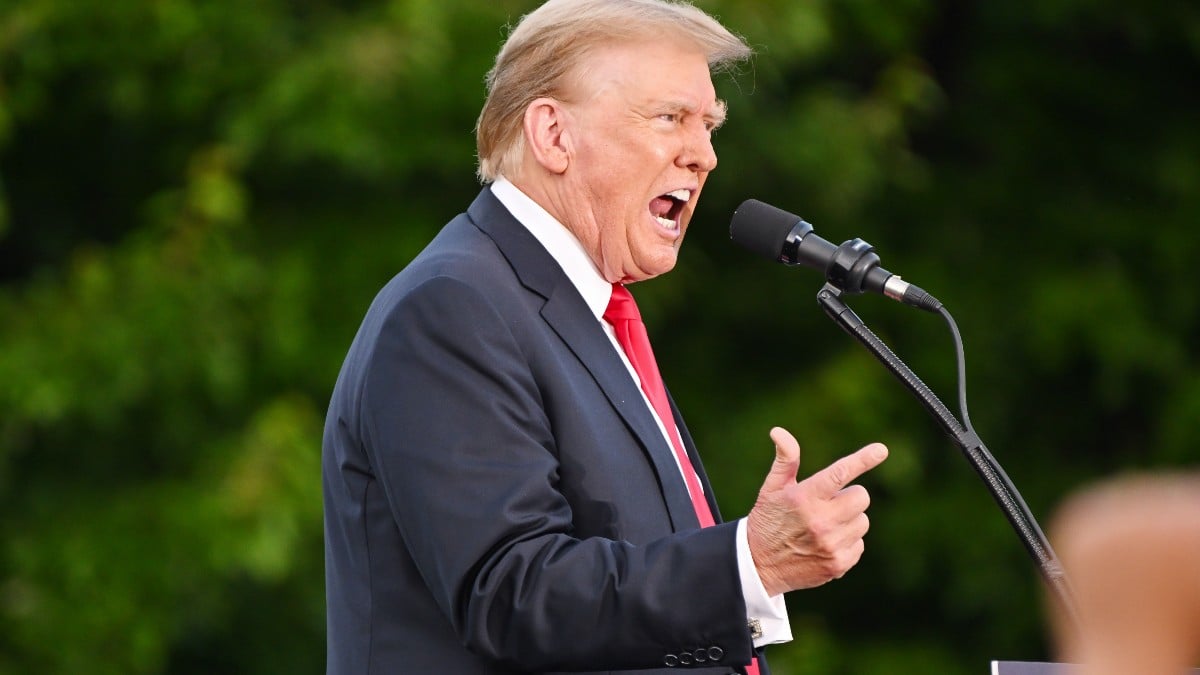
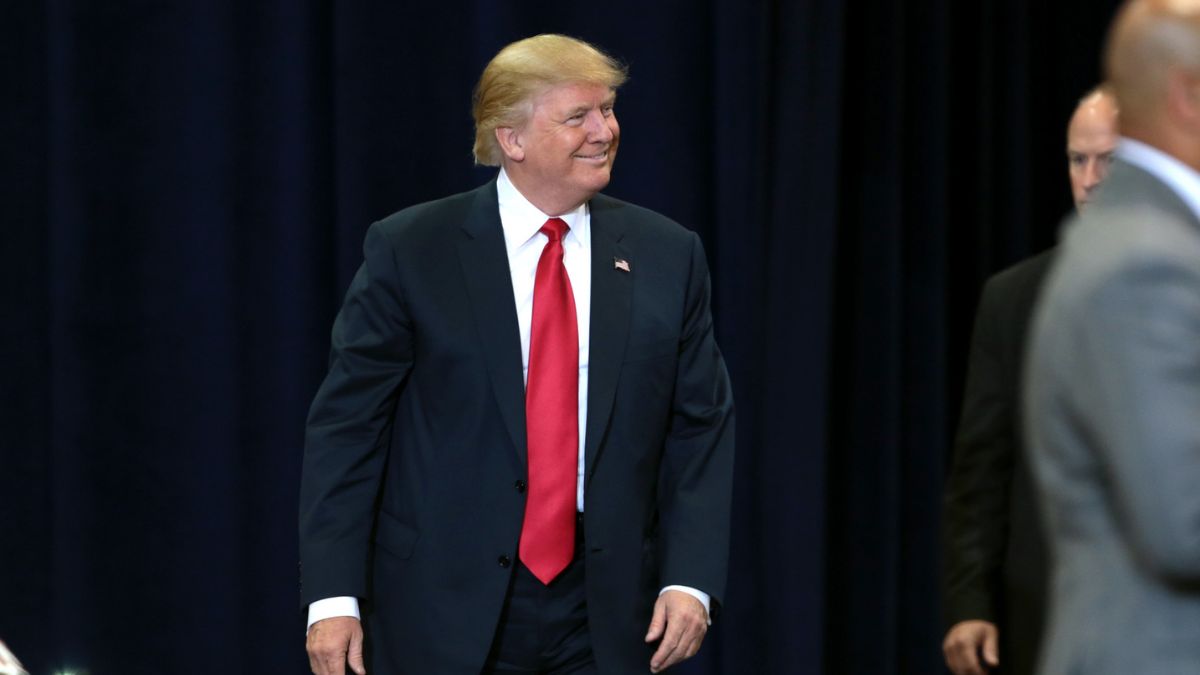
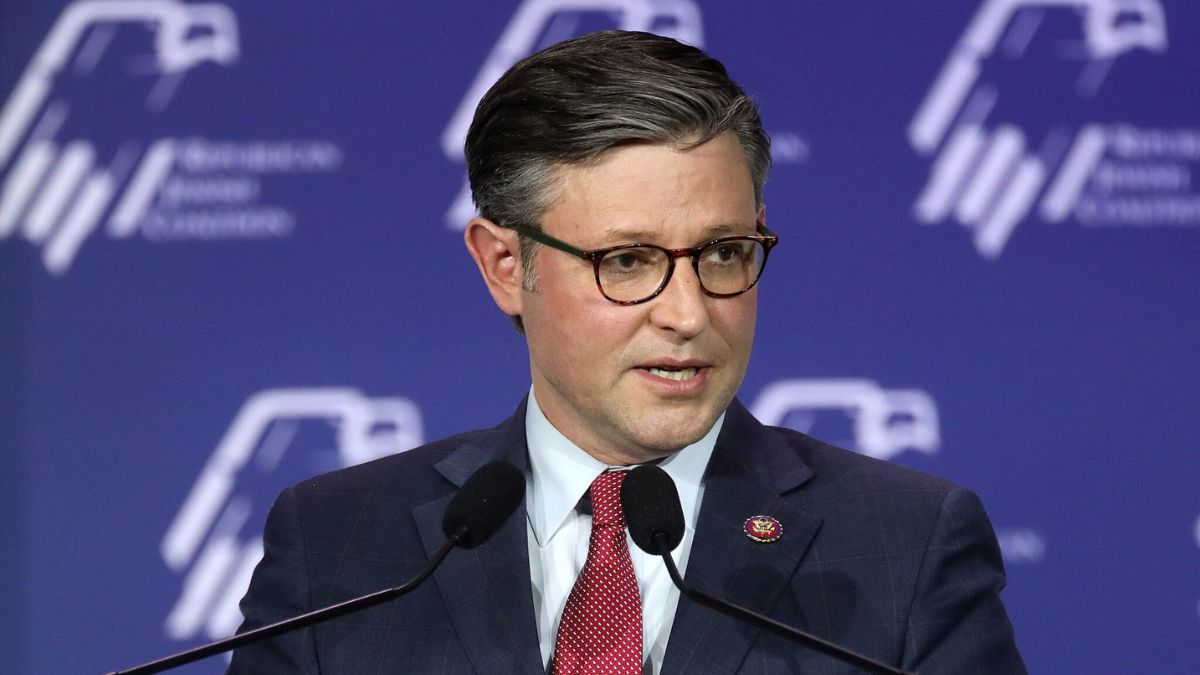
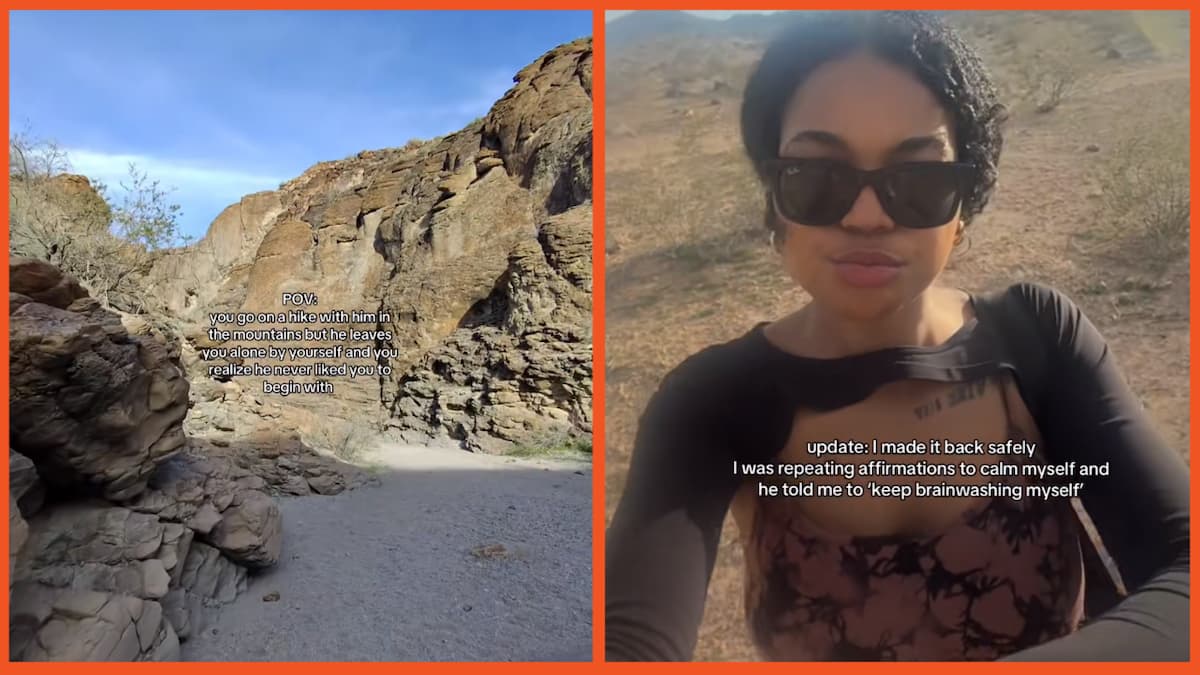
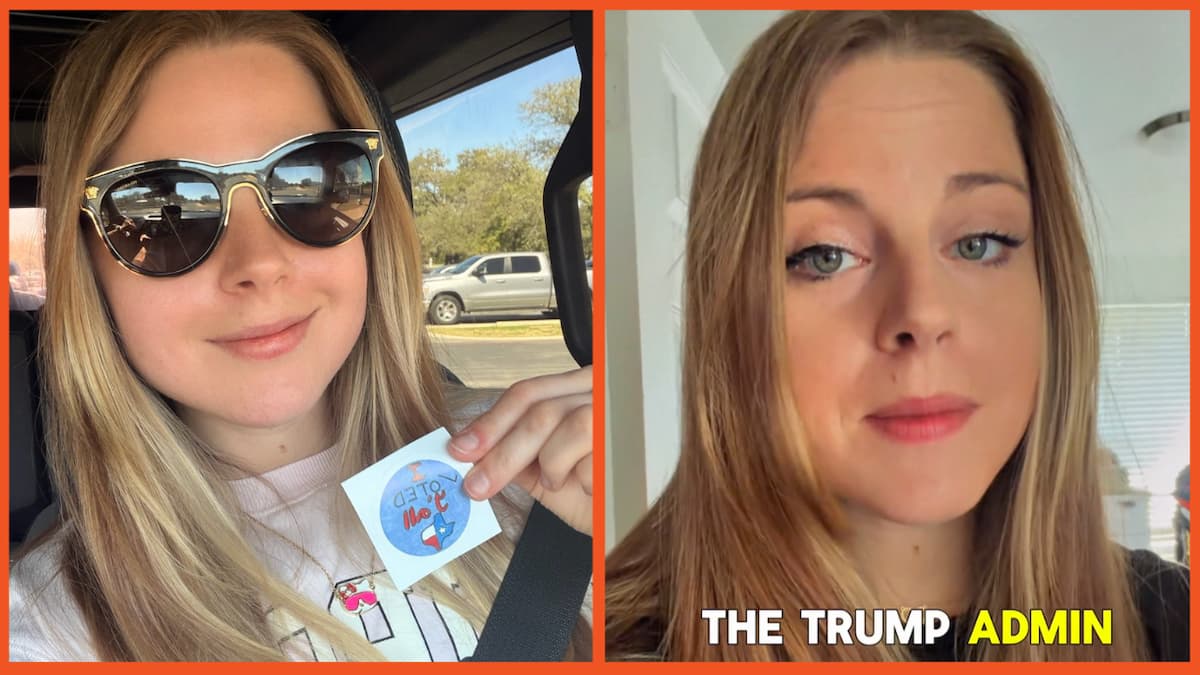
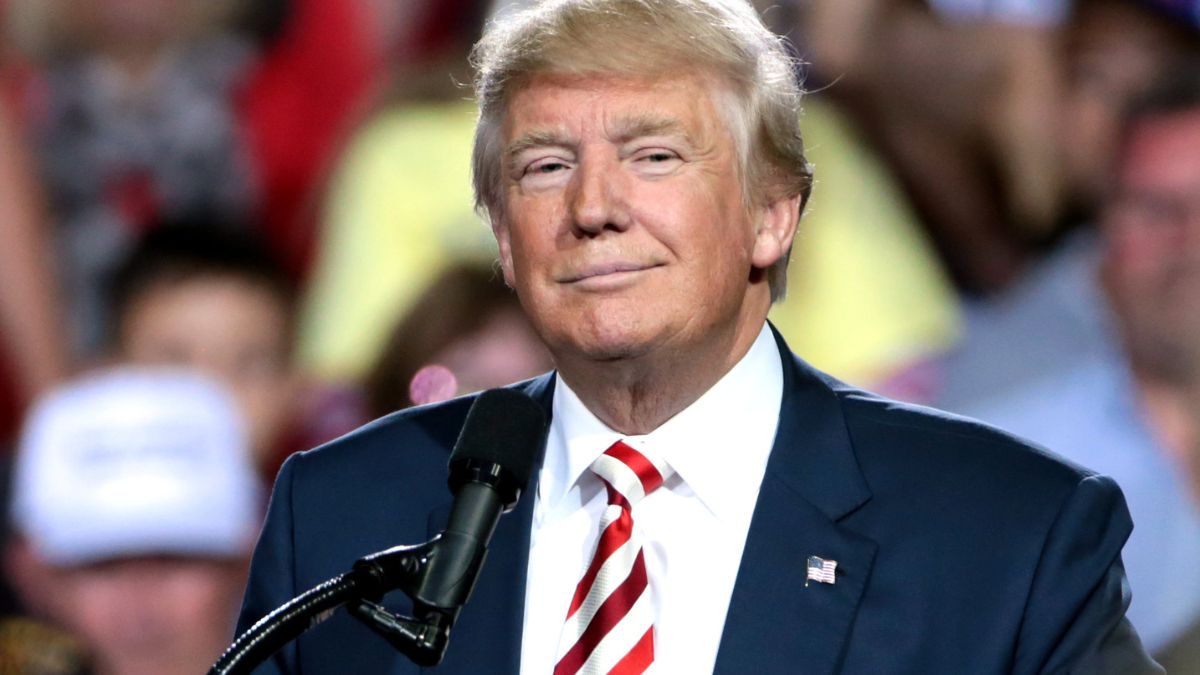
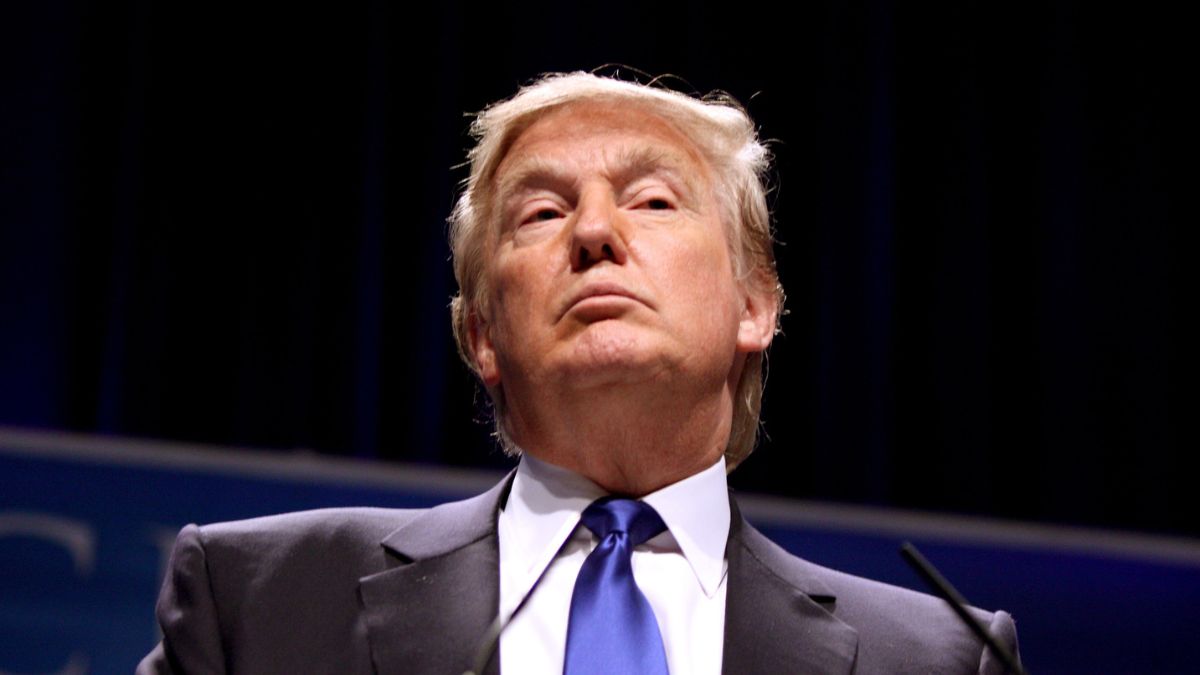

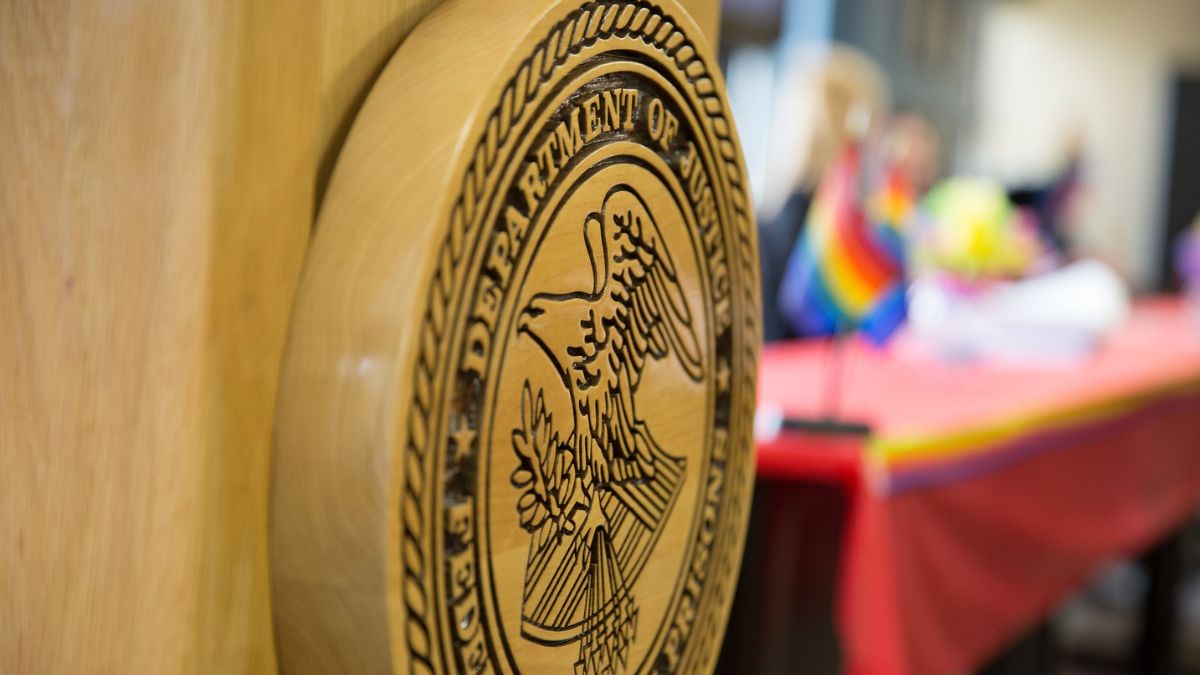

Published: May 25, 2024 11:24 am